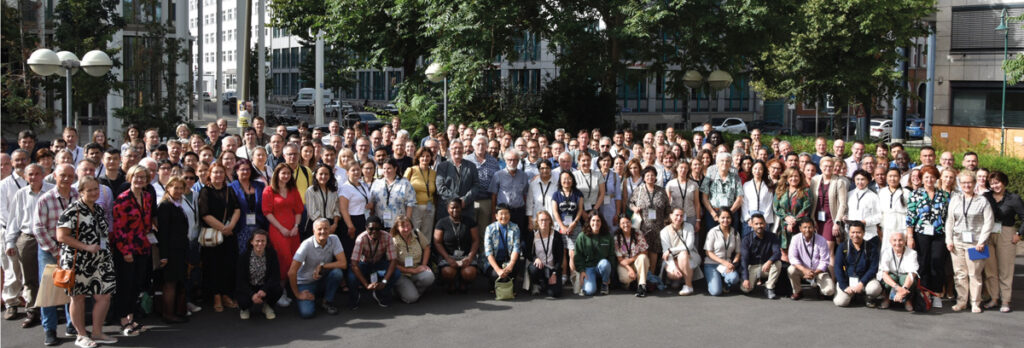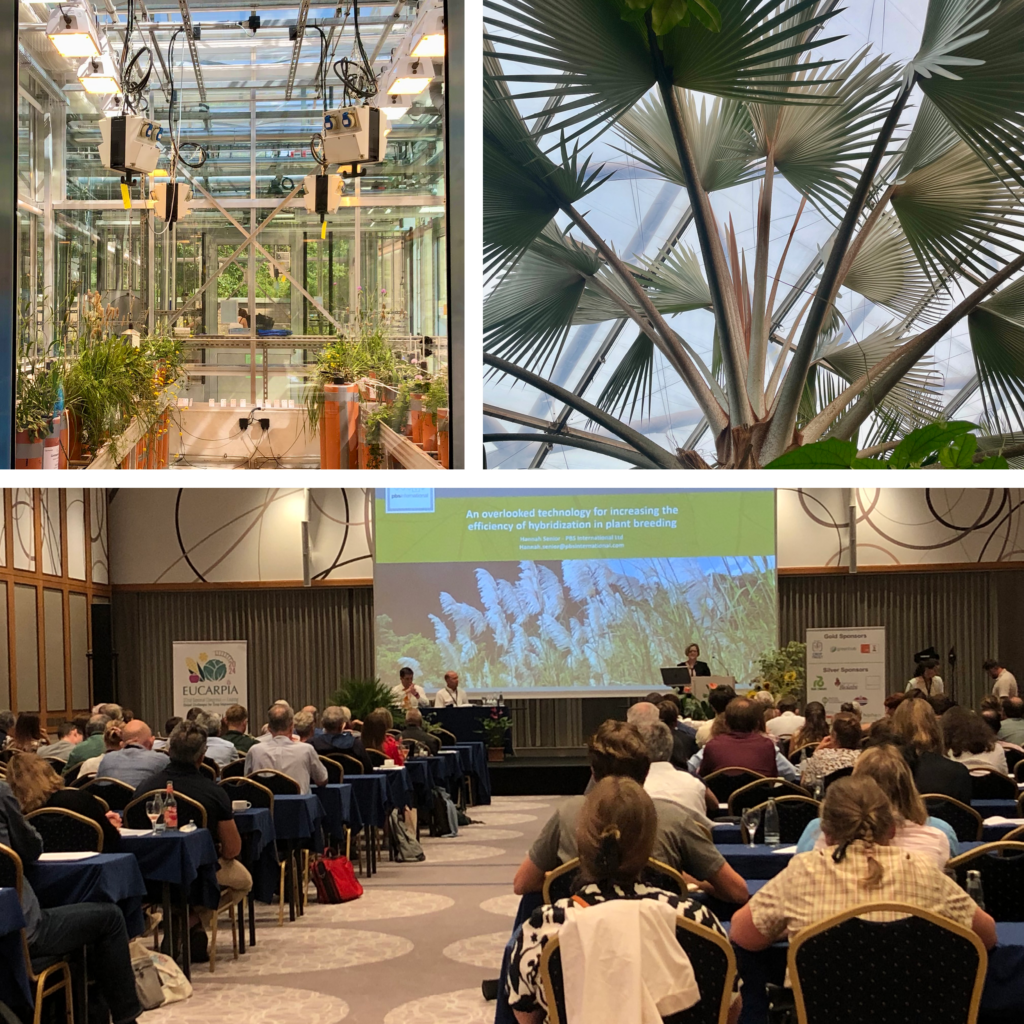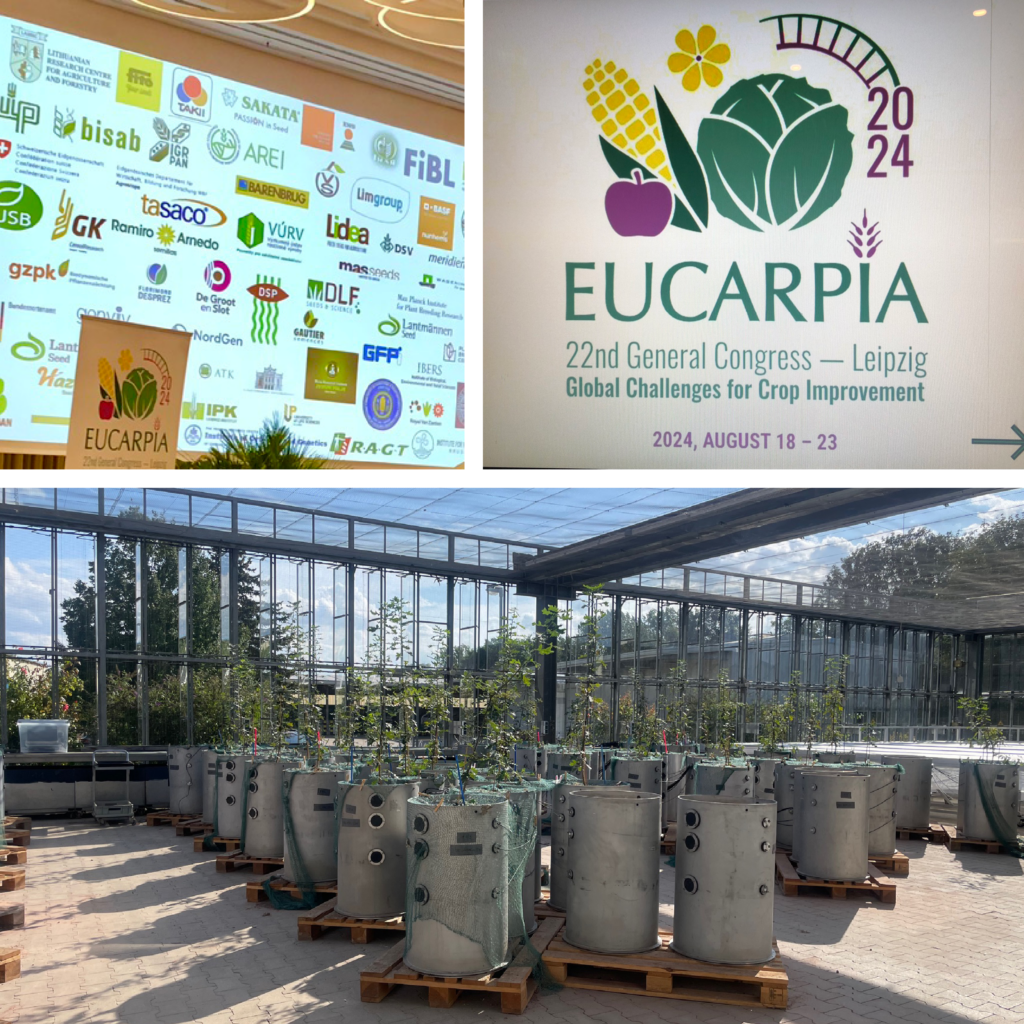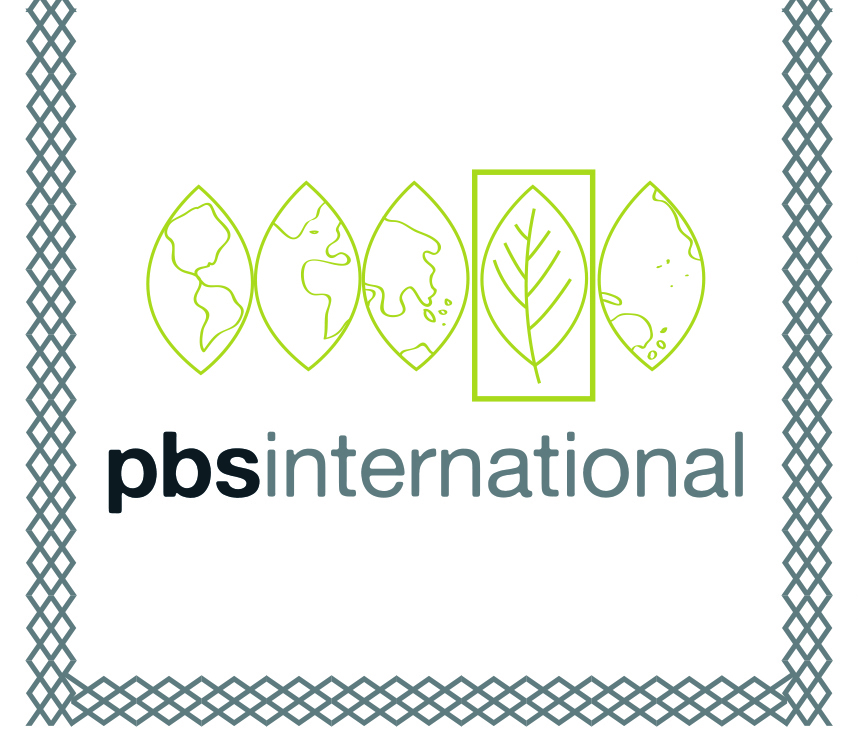In August, PBS International proudly sponsored and presented at the 22nd Eucarpia General Congress, held in Leipzig, Germany. The congress gathered over 250 participants from 42 countries for five days of discussion and innovation, featuring 90 lectures covering a wide array of crop breeding topics.

Connecting Global Crop Diversity
Every four years, the Eucarpia Congress invites crop breeders, scientists, and agricultural experts to address the pressing issues facing global agriculture. This year’s theme, “Global Challenges for Crop Improvement,” attracted attendees from every corner of the world— Romania, Finland, New Zealand, Korea, South Africa, and Hawaii, to name a few. From crop resilience to yield enhancement, participants dove deep into the latest developments, bringing insights and experience from an incredibly diverse range of environments.
A key sponsor of the event was the Crop Trust, who connect farmers, researchers, and breeders with resources and training to protect global crop diversity. Through their Biodiversity for Opportunities, Livelihoods, and Development (BOLD) project, the Crop Trust provides essential support to small and national gene banks worldwide. Several members of their network also attended the event, including representatives from Kazakhstan and Peru.
Addressing Shared Global Challenges in Five Themes
Participants at the congress were gathered around the theme of “Global Challenges for Crop Improvement” against a backdrop of a growing human population and climate change. Research covered a wide variety of horticultural and agricultural crops, including apples, basil, alliums (garlic and onions), peas, beans, cereals, and oil crops.
Eucarpia Congress’s presentations spanned five key thematic sessions, each tackling a different facet of crop improvement. Here’s a quick round up of the topics:
Genetic Resources This session explored the conservation of genetic diversity and the importance of reintroducing landrace varieties to farming communities. Presentations highlighted the role of gene banks and included notable contributions from:
-
- The International Potato Centre on conserving genetic diversity and collaborating with Andean communities.
- The John Innes Centre on the Watkins Landrace Wheat Collection.
- Genesys, a global portal for plant genetics data in gene banks worldwide.
Yield and Quality Improvement Researchers shared insights on the genetic factors influencing traits such as grain size, disease resistance, and environmental adaptation. Presentations featured crops including wheat, lupin, rye, barley, maize, sorghum, and sugarcane.
Biotic and Abiotic Stress Response Presentations in this session focused on specific methodologies for determining the genetic and physiological mechanisms that contribute to the resilience of wheat, maize, tomatoes, and forage grasses and potatoes to the stresses of drought, heat, salinity, and disease.
Bioinformatics and Genomics With rapid advances in gene editing and sequencing technologies, this session demonstrated how these tools accelerate breeding programs. Topics ranged from genomic selection and transcriptomic profiling to the development of molecular markers for improving crop traits.
New Breeding Objectives and Technologies The final session introduced innovations aimed at improving breeding efficiency. This session included PBS International’s CEO, Hannah Senior, explaining how pollination control technologies have a material impact on the outcome and pace of breeding projects.


Field Trips, Fun, and a Taste of Local Research
The congress didn’t just stay in the conference room! Attendees ventured out to explore Leipzig’s local research centres and biodiversity sites including:
- Leipzig University’s Botanical Garden – Germany’s oldest botanical garden, boasting 10,000+ plant species, and housing the biodiversity and climate research facility.
- Helmholtz Environmental Research Centre – A 43-hectare test site examining the relationships between climate and land use, soil, plants, and atmosphere.
- IPK Leibniz Institute’s Federal Ex Situ Gene Bank – One of the world’s largest collections of plant species, home to an astonishing 151,348 crop samples, complete with cryogenic storage!

Building Connections: Social Events with a Twist
Beyond the science, the congress was a prime opportunity to connect with fellow participants. The first evening saw participants mingling among tropical flora and fauna at Leipzig Zoo’s Gondwanaland Eco Dome. Later in the week, a grand closing dinner at the historic Moritz Bastion brought everyone together with live music, dancing, and an atmosphere straight out of Leipzig’s medieval past.
Looking Ahead to 2028
The week was packed with critical insights, new research, and collaborative discussions. The shared passion for addressing global challenges in crop improvement was evident throughout. As we reflect on the event’s success, we look forward to continuing to support this important work and reconnecting with the global crop breeding community at the next General Congress, to be held in Naples during 2028.
Find out about PBS International’s research here: https://www.pbsinternational.com/pbs-research/


